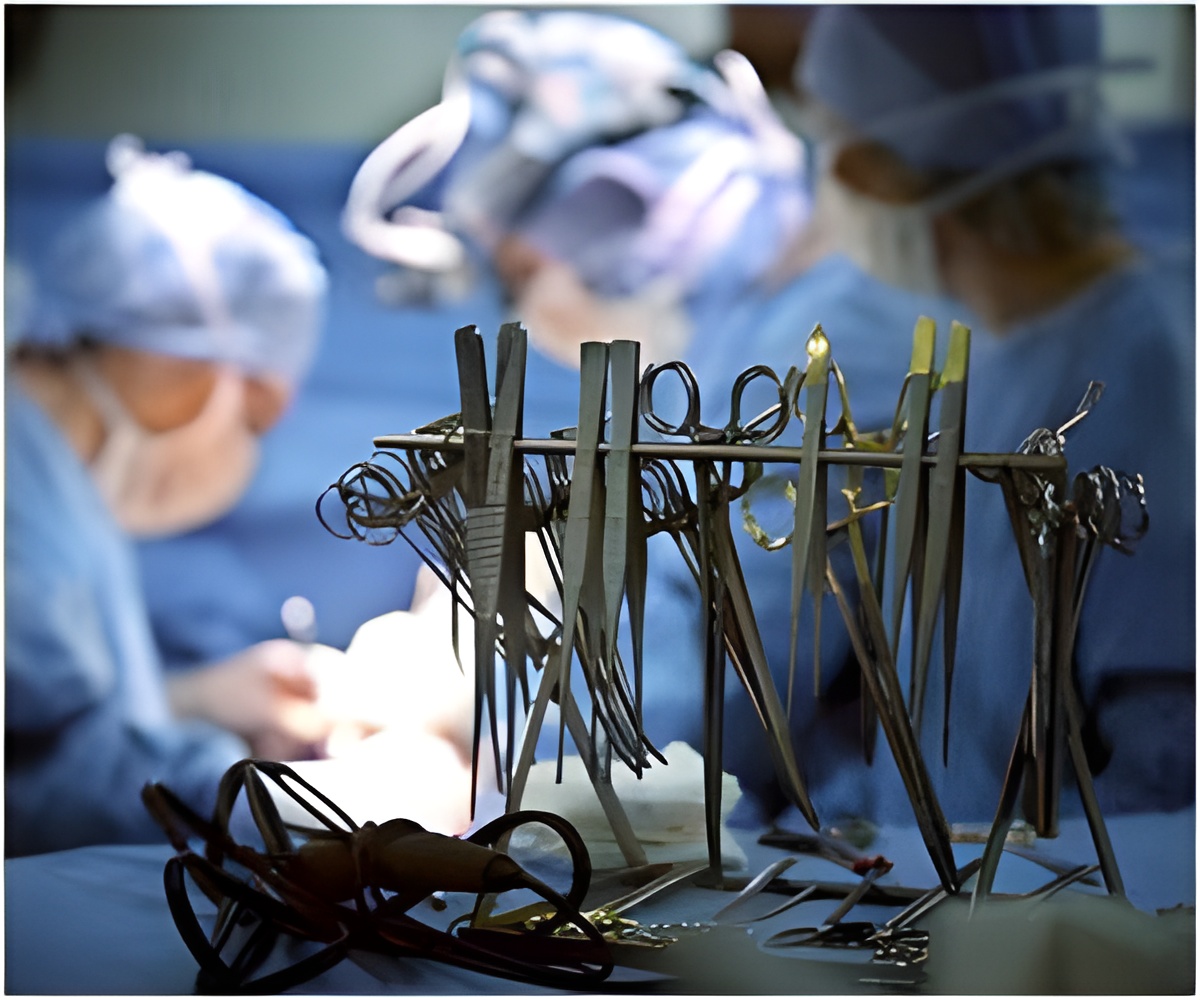A study led by a McMaster University surgeon says that financial incentives for Ontario surgeons are likely a key factor driving greater use of laparoscopic colon cancer surgery.

The authors point out that in October 2005, the Ontario physician billing schedule was altered, providing surgeons with a 25% premium if laparoscopic rather than open techniques were used for colon cancer. In Ontario, surgeon and hospital services are publically funded and patients don't pay. Most of the incentives went to surgeons already enthusiastic about laparoscopic approaches.
"Our paper highlights two important issues," said principal investigator Dr. Marko Simunovic, an associate professor of surgery of McMaster's Michael G. DeGroote School of Medicine.
"First, in our publicly funded health care system we need to critically review the advantages and disadvantages of new expensive technologies or treatments before they're widely introduced into the province. Second, Ontario physicians provide high quality care to the best of their abilities - one should question the logic of financial incentives."
Simunovic added: "A 25% bonus for laparoscopic surgery sends a strong signal to surgeons that they should provide this service, even though the available evidence to date does not demonstrate superiority for laparoscopic versus open techniques."
The more expensive laparoscopic surgery usually results in a smaller visible scar and a slightly shorter hospital length of stay.
Advertisement









